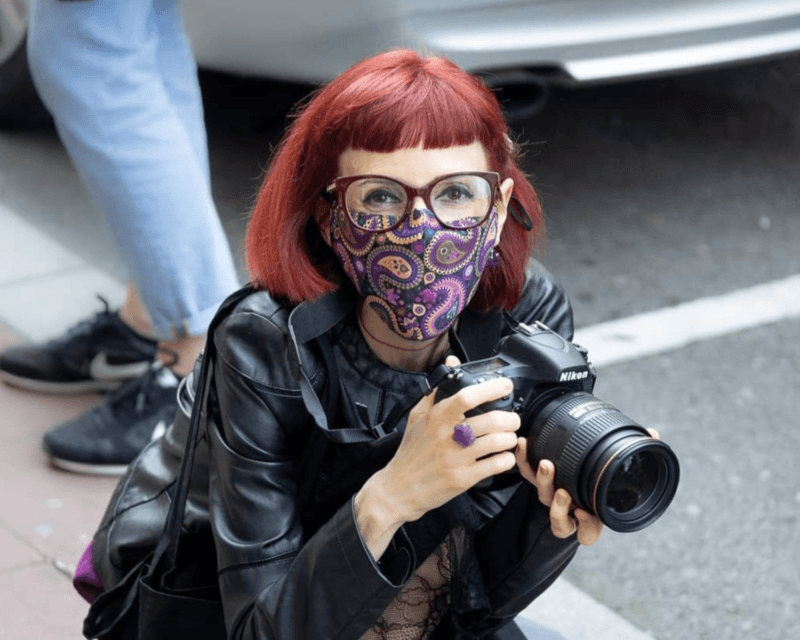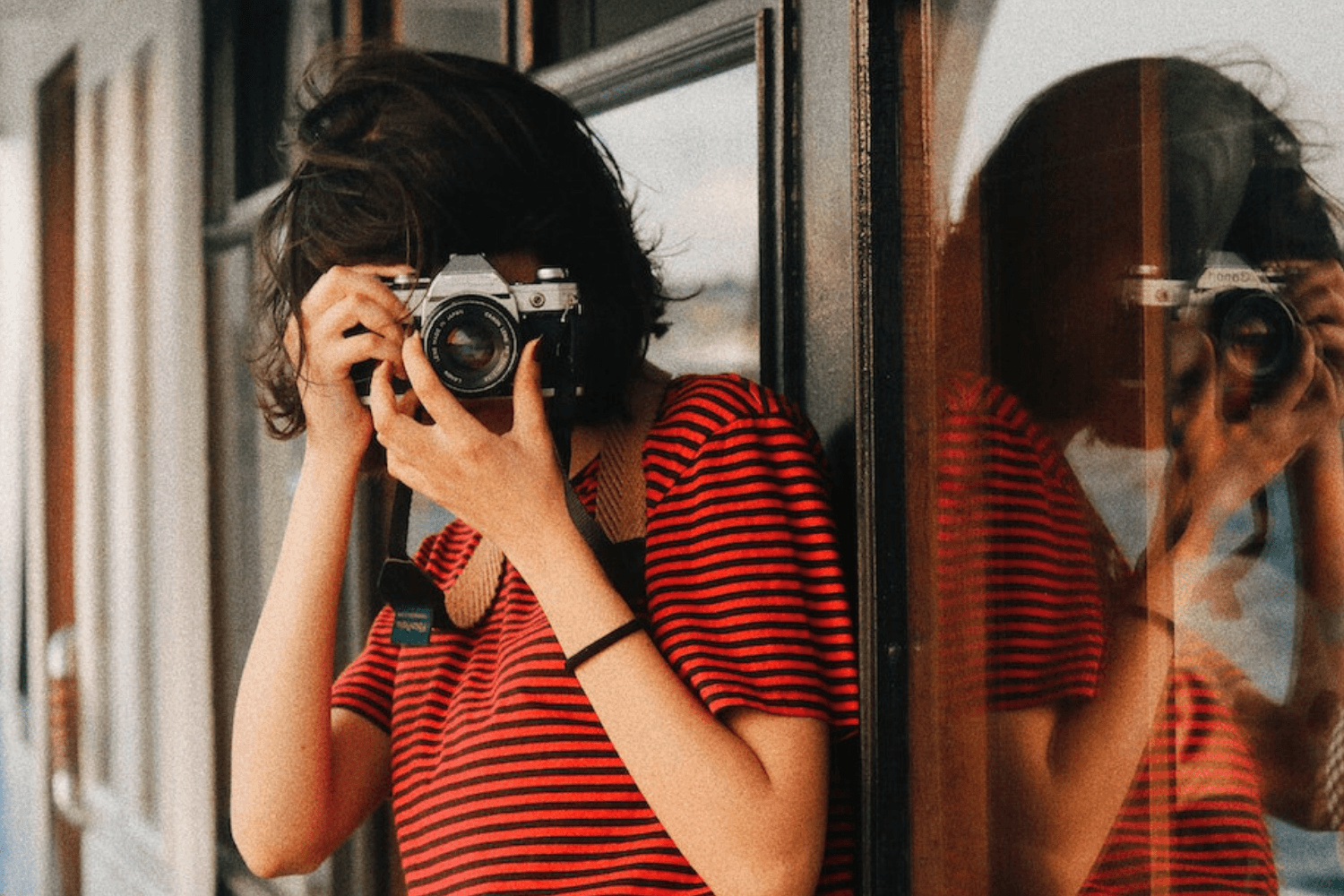A Powerful Way to Stay Relevant in an AI-driven World
Katya Mulvaney
Tue Mar 28 2023

By Katya Mulvaney
With constant developments in technology, such as AI and ChatGPT, many find themselves concerned about the future of their livelihood. The potential of AI is far-reaching and even photographers are beginning to question their position in this fast-changing high-tech world.
Is there anything to worry about?
I’ll be honest with you, I can’t a really answer this question. First of all, I just don’t know enough about all the intricacies that surround AI and photography and secondly, I think it’s all just speculation at this stage anyway. But what I do want to talk about is approaching photography with a slightly different perspective. One which may help you to remain adaptive to any changes that lie ahead.
But before we get into that, let’s take a step back and look at photography holistically and historically.
Capturing time
We know that photography is an art where the artist/ photographer uses their skills to determine the exact moment when light, angle, composition, and perspective align perfectly for them to capture the world as they see it… or something along those lines. Would you agree there is something innately human about our need to preserve time?
Throughout our existence, we humans have found many ways to preserve remnants of our lives; micro time-capsules to show future generations that we were here, that we lived. This need to capture, preserve, and share can be traced back 64,000 years ago, when our cave dwelling ancestors ground ore to paint pictures of their lives for us to see.
Fast forward a few thousand years to the Romanesque period, on to Impressionism, Cubism etc. Artists throughout history have committed themselves to capturing elements of daily life (families, food, landscapes, famous battles) to immortalise them. Photography stems from this same, innately human, desire.
The camera
The camera was viewed as a massive technological advancement in its time – with many people being fearful and some even believing witchcraft was responsible for creating the photograph.
 Photo by Harrison Haines
Photo by Harrison Haines
The camera allowed the capturing of time to become a more truthful representation of the world. And even more so when colour film became available. Along with these inventions came curious people who were willing to explore, push the boundaries, and use these tools to capture and preserve life in their own way, through their own lens.
We can then view the camera in much the same way as the paint used by early cave dwellers; as a tool to capture, preserve, and share moments in time.
What does this have to do with photography, AI and staying relevant?
Let’s jump to forward to 2023, where Instagram, Tiki Tok, and Facebook are examples of just how strong this psychological need is. Sure, these platforms also connect people and are used to share ideas and build community, but they are predominately a digital photo and video album with regular prompts to “look back on this day 9 years ago”.
Some may think that photography is a dying art, and they may be right in some regards, but the overall concept of photography is far from dead. The need to capture and share moments is very much alive. Taking and sharing images has never been as accessible as it is now. And yes, this may mean changes in the space for professional photographers but as a social phenomenon – photography has never been as popular as it is today.
When we consider the behaviour behind photography and its roots in our history, we notice that photography is a method used to express our human need to capture, preserve and share moments. And the way we preserve them has and will continue to shift over time.
Adaptivity
There’s a famous business story that was released in 1960 by Professor Theodore Levitt in a Harvard Business Review, the moral of which can be applied to photography today.
The story is about the power of perspective and how a shift in narrative can mean the difference between closing yourself in and losing out on business, or opening yourself up and adapting to whatever changes arise.
 Photo by Chait Goli
Photo by Chait Goli
At the beginning of the 20th century, we went from using horse-drawn buggies to automobiles. At this time many manufactures of buggy whips were concerned about their business in this changing world. As whip sales declined, many went out of business. There were however a few who survived. The survivors viewed themselves not as “buggy whip manufactures” but as manufacturers of “transportation starting devices”. This difference in narrative gave them the fluidity they needed to adjust to the changing market. It also ensured that no matter what type of equipment was needed for future transport methods, they would be in the business of manufacturing the “starting devices”.
Am I a photographer?
There are many industries and services which are potentially threatened by AI. Photography may or may not be one of those. We can’t say what the future may hold, but we can give ourselves a better chance of survival if we are ready to adapt. As we’ve seen, the need to take a photograph is almost hard-wired into our DNA but the way we express this behaviour may change.
The question you should be asking yourself is “am I a photographer or am I someone who is deeply moved to capture and preserve moments?” It may be worth rethinking the narrative around what it is that you really do. There may be new tools and techniques introduced, but if history is anything to go by, we will likely never cease to have this drive to capture, preserve and share moments. It is one of the things that makes us human.
Written by Katya Mulvaney | Katya is a brand creation and digital marketing specialist. She heads up marketing and communication here at LightRocket. If you subscribe to our emailer or follow us on social media, then you’re probably already familiar with some of her work. She also never shies away from a good plate of pasta.
Cover image by Samson Katt
To read more helpful articles on photography, check out our blog page.
Join our growing photographer community at LightRocket and get powerful archive management and website building tools for free!


